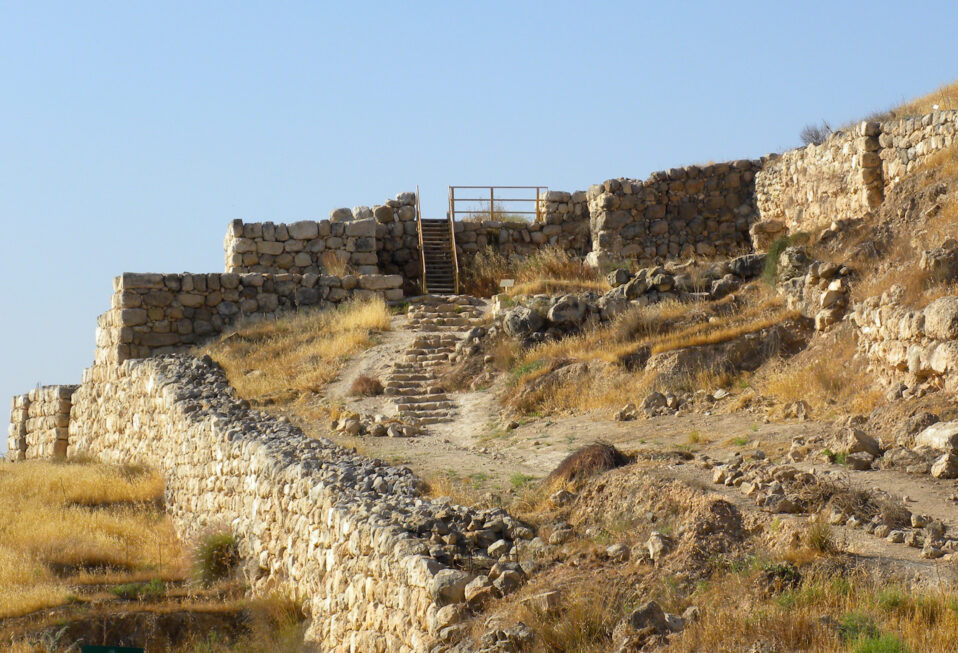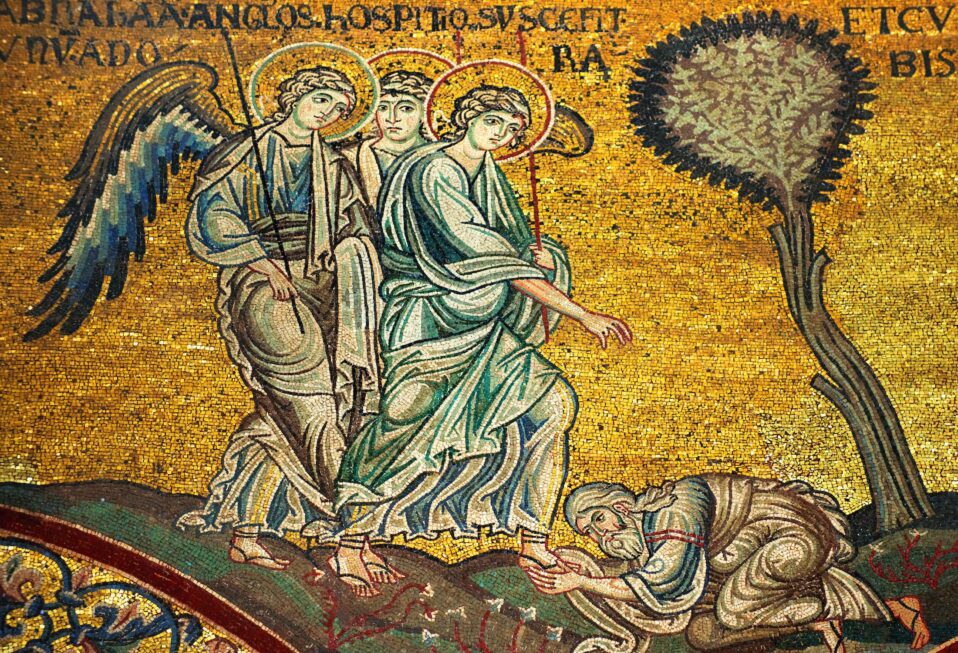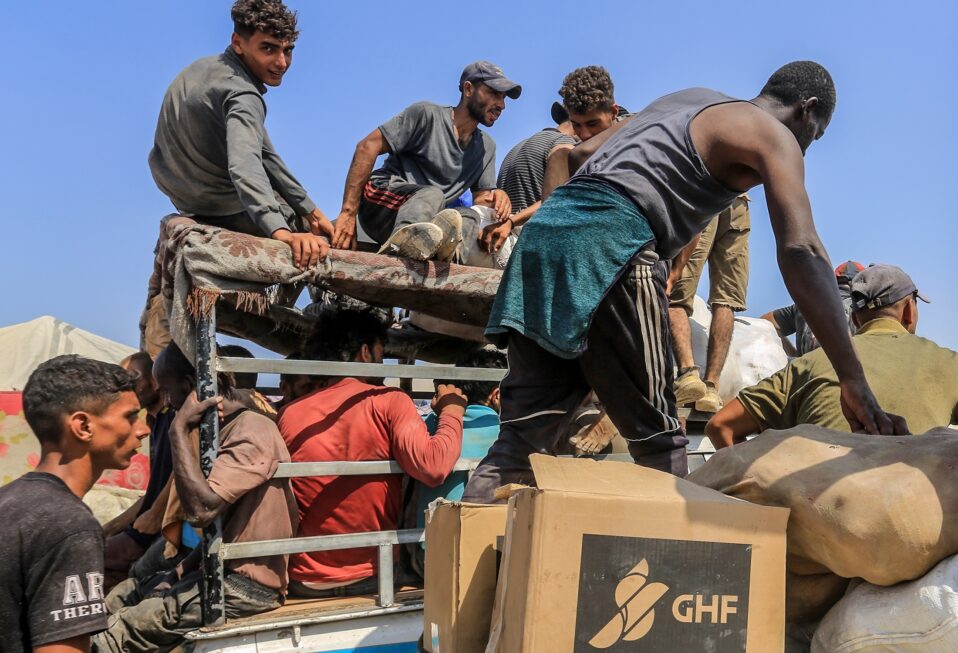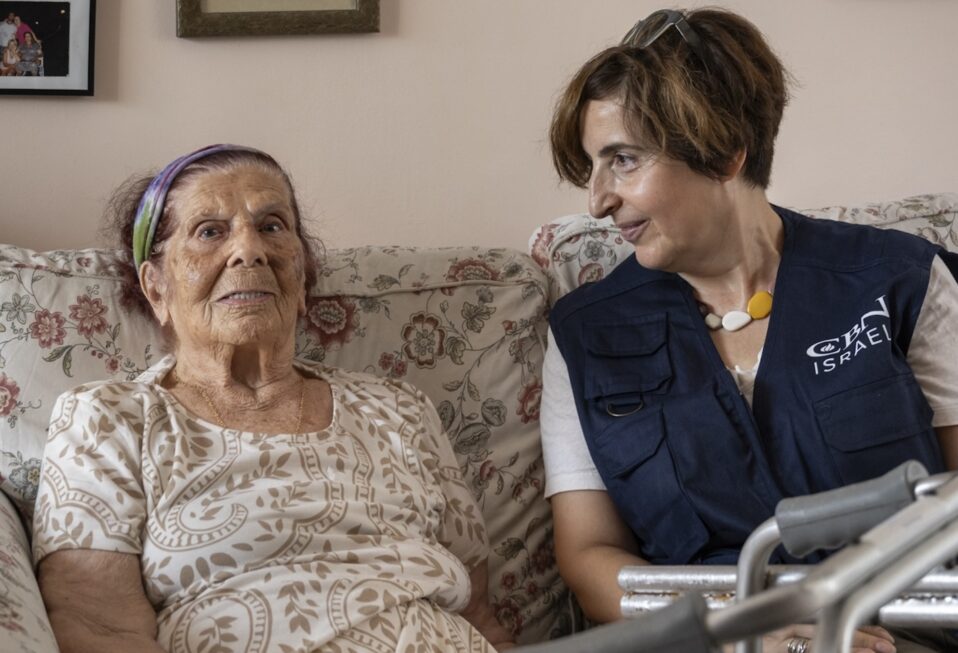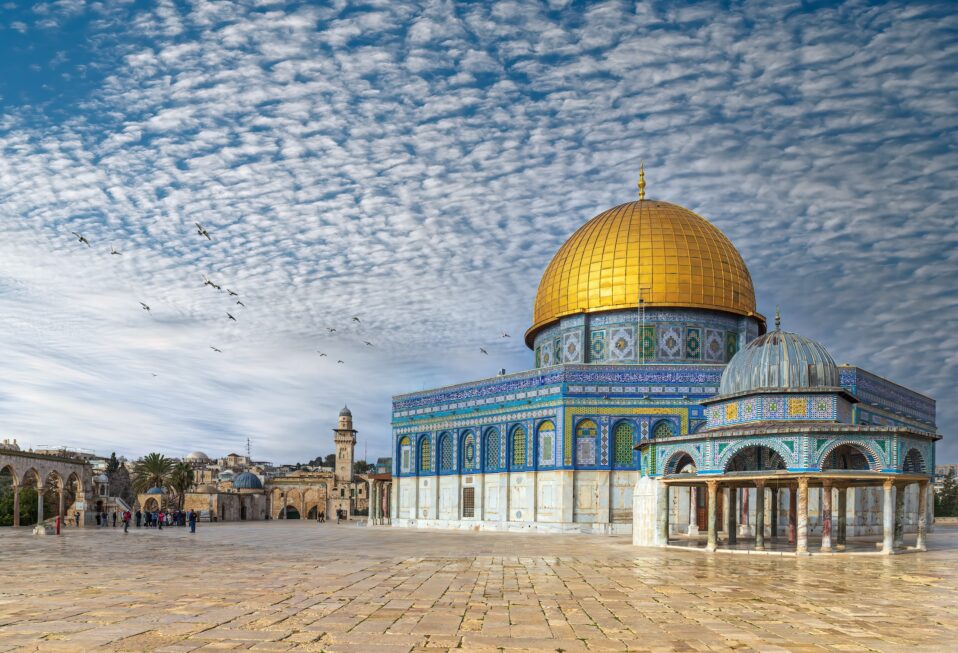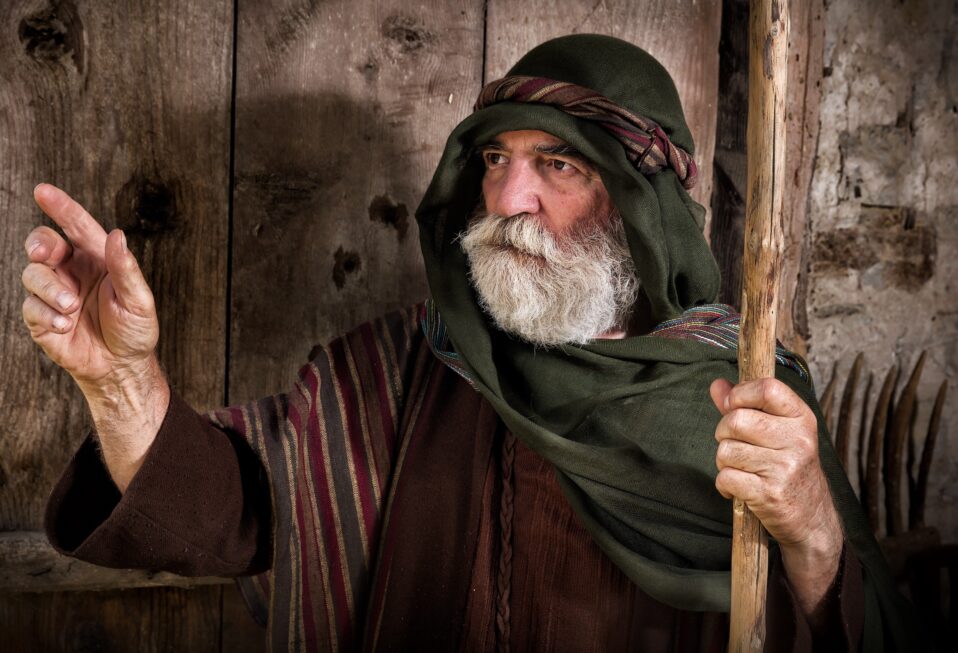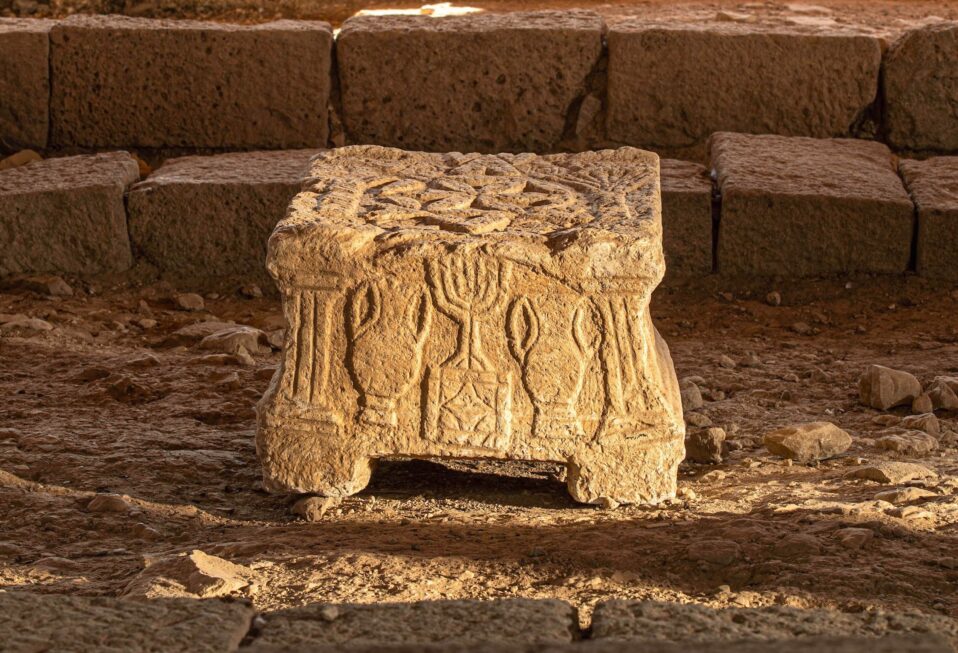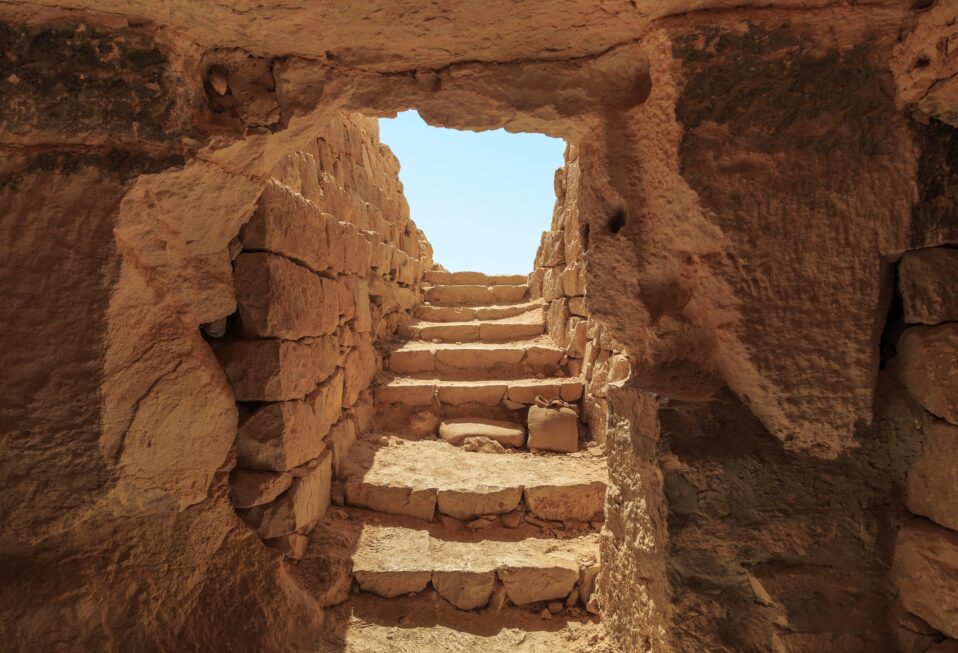By Arlene Bridges Samuels
A seemingly odd yet powerful statement from Jesus is recorded in Luke 19:40 during His final Passover week on earth. As He rode a donkey among the herds of sacrificial Temple lambs, crowds shouted for joy as He entered Jerusalem, the city He loved. The celebration surrounding His triumphal entry would soon unfold into the sacred drama of His death and resurrection.
What was unusual about this moment was the Pharisees’ demand that Jesus silence the crowds. His response was both poetic and prophetic, drawing from Old Testament imagery of creation itself giving praise to God. “I tell you,” Jesus replied, “if they keep quiet, the stones will cry out.” This verse is an eloquent reminder that even when humanity falls silent, creation continues to proclaim the glory of God.
Indeed, Israel’s ancient stones still cry out today, declaring a timeless truth: Israel belongs to the Jewish people. This truth is not just spiritual but tangible, documented for decades through the meticulous work of the Israel Antiquities Authority (IAA).
The IAA was founded shortly after Israel’s modern independence in 1948. Its first director, architect Dr. Shmuel Yeivin, made an insightful proposal to Prime Minister David Ben-Gurion: to conduct a full archaeological survey across the new nation. His goal was to identify and document artifacts, structures, and other historical features before development could alter the land. Yeivin’s reasoning was prophetic: “In future generations everyone will know what is hidden in the area of the state.” His vision has proven invaluable in confirming Israel’s ancient heritage amid modern hostility against the Jewish people.
Thousands of archaeological discoveries later, the Archaeological Survey of Israel continues to uncover and study stones, mosaics, and structures that provide undeniable evidence of Jewish life and worship in the Land of Israel. These discoveries trace the Jewish presence back to the tenth century B.C., when God established His covenant with the ancient kingdoms of Israel and Judah.
One week ago, on October 23, 2025, the Israel Antiquities Authority, Hebrew University, and Tel Aviv University hosted a major conference titled “New Discoveries in Jerusalem and Environs.” The event featured what scholars called a “biblical bombshell,” the discovery of a 2,700-year-old seal from the First Temple period. This seal, known as a royal bulla, was uncovered in a joint excavation by the IAA and the City of David Foundation. Found in soil once washed into a Temple-era drainage channel, the artifact was authenticated as an official Assyrian dispatch from the time of King Hezekiah of Judah. Written in cuneiform, it appears to have been a tax notice delivered by a chariot officer described as “the one who holds the reins.” The seal’s text even records the first day of the Jewish month of Av, linking the find directly to the biblical calendar.
The IAA continues to share these remarkable findings with the world. To explore more of its discoveries, visit www.iaa.org.
Among the most meaningful archaeological discoveries to me personally is the Magdala stone. In 2009, during a private VIP tour I helped coordinate, we visited the first-century synagogue where the stone had been unearthed. The site was not yet open to the public, but I felt privileged to walk among its ruins. Located on the western shore of the Sea of Galilee, Magdala is believed to be the hometown of Mary Magdalene and dates from the Second Temple period.
The Magdala stone itself is small—only two feet long, twenty inches wide, and eighteen inches high—but its spiritual and historical significance is profound. Carved with intricate designs, it likely served as a ceremonial platform where rabbis placed sacred scrolls. Standing there, I imagined Rabbi Jesus reading Scripture in that very place. Touching the ancient mosaics on the synagogue floor, I felt a deep connection to the history of the Jewish people and to the Savior who walked among them.
Another of my favorite discoveries is the Pilgrimage Road, also known as the Pilgrim Road, in the City of David. This monumental street was rediscovered in 2004 when a sewage pipe broke in Jerusalem. Following Israel’s preservation laws, municipal workers contacted the IAA, which soon uncovered a Roman-style stone-paved road six hundred meters long and eight meters wide. This road once connected the Pool of Siloam to the Temple Mount, serving as the main route for Jewish pilgrims ascending to the Temple during the great festivals.
In 2019, I was blessed to walk the Pilgrim Road when it was open only for limited VIP tours. With our guide, a dear friend and I followed in the footsteps of ancient worshipers who traveled from across the world to celebrate in Jerusalem. As they walked, they sang the Psalms of Ascent, Psalms 120 through 134. I found myself softly reciting some of those same verses, imagining the Jewish Messiah walking on those very stones centuries ago.
Although the excavation is ongoing, the Pilgrim Road is now fully open to the public. On September 16, 2025, the City of David hosted a grand opening ceremony for the southern section, 350 meters long. U.S. Ambassador to Israel Mike Huckabee and U.S. Secretary of State Marco Rubio joined Prime Minister Netanyahu and other leaders from both nations. Ambassador Huckabee described the event as a moment that “lets the stones speak,” while Secretary Rubio called it “an extraordinary archaeological site.” Prime Minister Netanyahu declared that the unveiling symbolized the Jewish people’s unbreakable bond with Jerusalem and reaffirmed that the city will remain united.
In closing, Ezekiel 36:24 offers a powerful reminder of God’s promise: “For I will take you out of the nations; I will gather you from all the countries and bring you back into your own land.” The stones of Israel stand as living witnesses to this fulfillment.
I pray that Bible-believing Christians will recognize archaeology as further proof that the Holy Land is indeed the ancestral home of the Jewish people. No one questions the pyramids of Egypt, the Colosseum of Rome, or the Great Wall of China. Why, then, should anyone question Israel’s history, when its very soil continues to reveal the evidence? Only hatred blinds the eyes of those who deny the truth.
When all is said and done, regardless of persecution or politics, God’s sovereign plan remains unshakable. The numbers themselves testify to His faithfulness. In 1948, when Israel declared its statehood, only about 600,000 Jews lived in the land. Today, more than 7.18 million Jews call Israel home.
Be assured that God is at work.
Our CBN Israel team invites you to join us in prayer and to share this message with others.
Prayer Points:
- Pray for Hamas to release all hostage bodies.
- Pray for proactive Christians to speak truth about Israel.
- Pray for Prime Minister Netanyahu and his security team to lead with wisdom.
- Pray for the families of the 1,152 security personnel who have given their lives since October 7, 2023.


